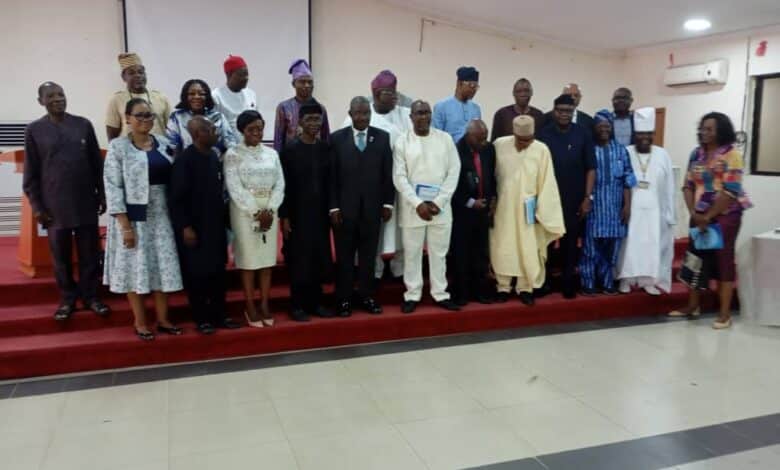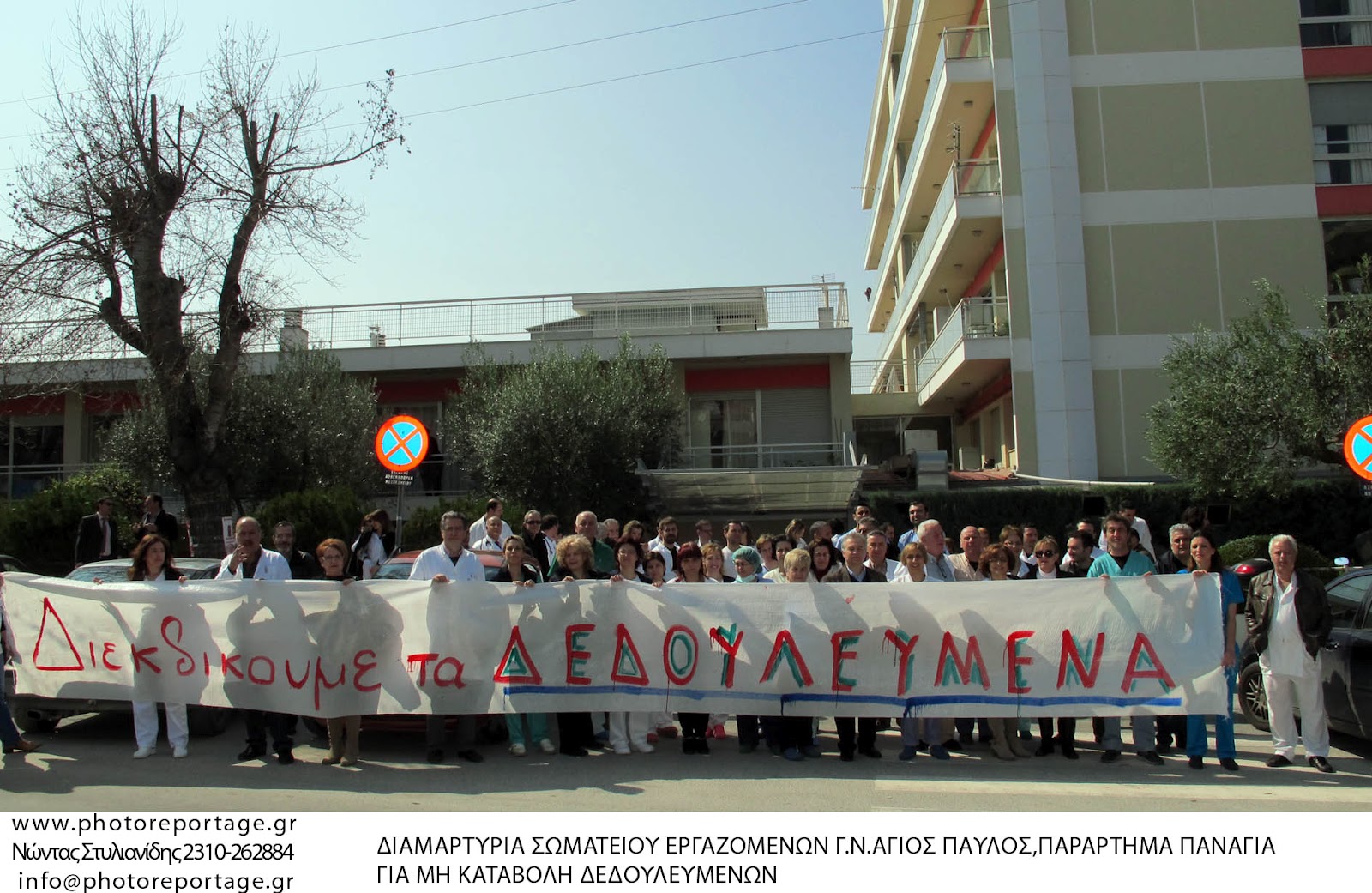Examining Pragmatism And Moral Agency In Nigeria Through The Lens Of "The Kite Runner"

Table of Contents
Pragmatism in Nigerian Society: Navigating Difficult Choices
Economic Realities and Moral Compromises
Pragmatism, the practical approach to problem-solving, often dictates choices in Nigeria, a nation grappling with poverty, corruption, and limited opportunities. Economic hardship forces many Nigerians into making difficult decisions that compromise their moral compass for the sake of survival.
- Examples of pragmatic choices driven by survival: Engaging in informal employment to provide for one's family, even if it means working in the shadow economy. Accepting bribes to secure essential services like healthcare or education. Ignoring environmental regulations to secure short-term economic gains.
- Comparison with similar situations in "The Kite Runner": Amir's decision to remain silent during Assef's assault on Hassan reflects a pragmatic choice driven by self-preservation and fear. His inaction, fueled by fear of social repercussions and the potential for further harm to himself, showcases how pragmatic considerations can override moral responsibility. Similarly, Baba's complicity in concealing the truth about Hassan's lineage can also be seen as a pragmatic decision rooted in preserving his reputation and social standing.
The Influence of Societal Norms and Expectations
Societal pressures in Nigeria significantly shape individual moral choices. Cultural norms, traditional expectations, and the power dynamics inherent in social structures can compel individuals to act in ways that might clash with their personal moral values.
- Examples from Nigerian culture and society: The pressure to conform to traditional gender roles, the expectation of prioritizing family honor over individual desires, or the fear of social ostracism for challenging authority figures. These pressures often lead to pragmatic decisions that might involve silencing dissent or compromising personal integrity.
- Parallels in "The Kite Runner": The rigid social hierarchy in Afghanistan, portrayed in "The Kite Runner," echoes similar dynamics in Nigeria. Amir's actions are shaped by the societal expectations placed upon him as a Pashtun and the son of a powerful man. His choices are influenced by the fear of dishonoring his family and losing social standing.
Moral Agency in the Face of Adversity: Individual Responsibility
Examining Individual Responsibility within a Flawed System
Despite the influence of external factors like poverty and corruption, "The Kite Runner" emphasizes individual responsibility. The characters grapple with their moral failings, even when their actions are partly determined by their circumstances. This aspect is vital when considering moral agency in the context of a system riddled with injustice.
- Specific examples of characters struggling with moral dilemmas: Amir's lifelong struggle with guilt over his betrayal of Hassan, Baba's denial of his own flaws, and Rahim Khan's quiet attempts at redemption. These instances highlight the enduring weight of moral responsibility, even in the face of systemic flaws.
- Application to the Nigerian context: Navigating corruption in Nigeria often requires individuals to make difficult choices. While systemic issues create challenging environments, the question of individual responsibility in the face of such challenges remains central to the discussion of moral agency. The novel provides a powerful case study in exploring this dynamic.
The Potential for Redemption and Moral Growth
"The Kite Runner" offers a powerful message of redemption and moral growth. Even when starting from a place of pragmatic compromise, the potential for positive change and personal transformation remains. This resonates deeply within the context of Nigerian society.
- Examples of redemption arcs from "The Kite Runner": Amir's journey of atonement, his eventual acceptance of responsibility, and his attempts to make amends for his past mistakes.
- Potential for redemption within Nigerian society: The many Nigerians who actively fight corruption, advocate for social justice, and strive to build a more equitable society demonstrate the enduring human capacity for moral growth and positive change, even in deeply challenging contexts. Their stories offer powerful counterpoints to the pervasive pragmatism often necessitated by adversity.
"The Kite Runner" as a Framework for Understanding Nigerian Morality
Universal Themes of Betrayal and Forgiveness
The themes of betrayal and forgiveness explored in "The Kite Runner" transcend cultural boundaries and resonate powerfully within the Nigerian context. The novel's exploration of these universal themes provides a fertile ground for understanding the complex dynamics of moral choice in various cultural settings.
- Specific examples of betrayal and forgiveness in both the novel and the Nigerian context: The act of betrayal in the novel mirrors many instances of broken trust within Nigerian society, while the journey towards forgiveness parallels numerous stories of reconciliation and healing within Nigerian communities.
- How cultural differences might affect the interpretation of these themes: While the core emotions of betrayal and forgiveness are universal, cultural nuances significantly shape how these themes manifest and are interpreted within different contexts.
The Role of Storytelling in Shaping Moral Understanding
Storytelling serves as a powerful tool for shaping moral perspectives and promoting empathy across cultures. "The Kite Runner" offers a valuable opportunity for moral reflection, prompting critical engagement with the complexities of pragmatism and moral agency within the Nigerian context.
- How "The Kite Runner" can be used as a tool for moral reflection in Nigeria: The novel's exploration of difficult choices and its nuanced portrayal of human morality provide rich material for discussion and debate.
- The importance of sharing diverse narratives to build a more compassionate society: Sharing stories from diverse cultural perspectives, like those offered in "The Kite Runner," fosters empathy and understanding, paving the way for a more compassionate and just society.
Conclusion: Re-examining Pragmatism and Moral Agency in Nigeria
This analysis reveals a significant connection between pragmatism and moral agency in Nigeria, illuminated by the insightful narrative of "The Kite Runner." The novel powerfully depicts how societal pressures and economic hardship can lead individuals to make pragmatic choices that compromise their moral compass, while simultaneously highlighting the enduring capacity for redemption and moral growth. The enduring themes of betrayal and forgiveness within the novel serve as a potent framework for understanding the complex moral landscape of Nigeria. "The Kite Runner" underscores the importance of individual responsibility even within flawed systems, encouraging a deeper engagement with the nuanced relationship between pragmatism and moral agency within the specific socio-cultural context of Nigeria. Continue exploring the nuanced relationship between pragmatism and moral agency in Nigeria, using The Kite Runner as a springboard for further critical analysis and discussion.

Featured Posts
-
 Dzhennifer Lourens Materinstvo Vdruge
May 20, 2025
Dzhennifer Lourens Materinstvo Vdruge
May 20, 2025 -
 Sasol Sol Investor Concerns Following 2023 Strategy Update
May 20, 2025
Sasol Sol Investor Concerns Following 2023 Strategy Update
May 20, 2025 -
 Synaylia Sto Dimotiko Odeio Rodoy Kathigites Se Synaylia
May 20, 2025
Synaylia Sto Dimotiko Odeio Rodoy Kathigites Se Synaylia
May 20, 2025 -
 Efimeries Iatron Stin Patra Savvatokyriako And Eortes
May 20, 2025
Efimeries Iatron Stin Patra Savvatokyriako And Eortes
May 20, 2025 -
 Nova Bebica U Obitelji Lawrence Maroney
May 20, 2025
Nova Bebica U Obitelji Lawrence Maroney
May 20, 2025
